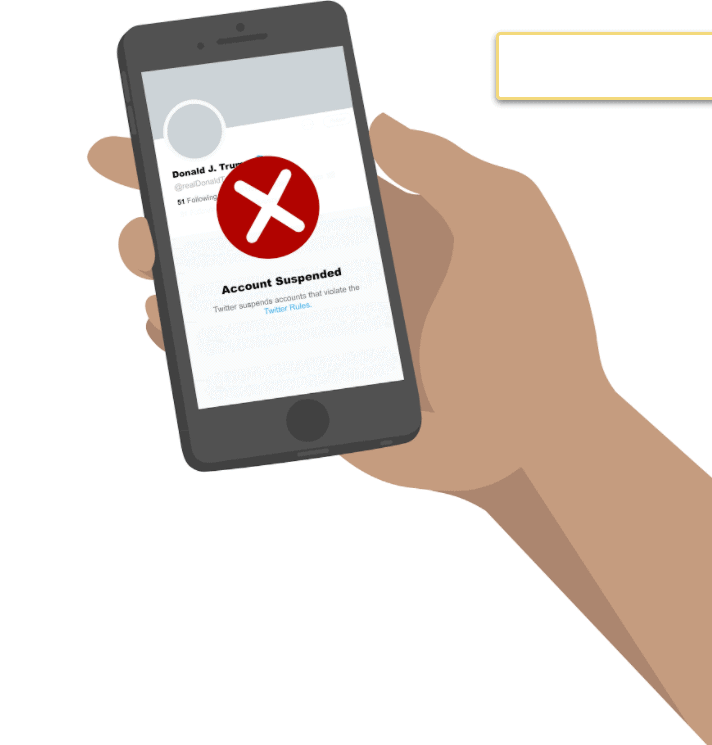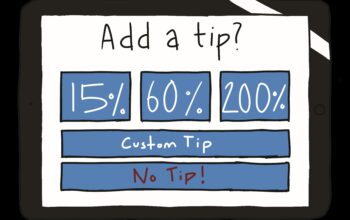When asked to describe American culture, most people would touch on hotdogs, baseball, television, or a variety of other things. There would be a significant amount of difference between each individual’s responses, but one item would make it onto many people’s list: freedom of speech.
Our conception of a deep connection between the United States and freedom of speech is no mistake. In fact, the U.S. is the only country in the world to guarantee it. There are a variety of other countries that state phrases along the lines of, “you have the right to freedom of speech,” in their constitutions, but the U.S. is the only country that recognizes your right to free speech as innate rather than granting it as a privilege. This is an important distinction, because it allows for other countries around the world to regulate ideas such as “hate speech,” and they do. Virtually every European country (plus Canada, Russia, China, and others) have laws banning hate speech— countries that many up-and-coming voters want the U.S. to emulate moving forward.
In the U.S., the First Amendment protects free speech, making any law that would regulate hate speech unconstitutional. However, this does not mean that the movement in favor of hate speech legislation is not on the rise. As of now, hate speech regulation often appears in the non-legislated forms of social media terms of service, private university conduct rules, or social ostracism (e.g., cancel culture). In addition, statistics demonstrate that somewhere between 40 to 60 percent of Americans are in favor of the government banning hate speech in public (according to a variety of studies done by the CATO Institute, Pew Research Center, and other independent news sites) and that number will only grow should we not flesh out the dangers that the idea of hate speech brings.
In order to ensure liberty, legislation that restricts the freedoms of the individual must be concrete, accurate, and specific in its language; everything that hate speech is not. According to the UN, hate speech is, “any kind of communication in speech, writing or behavior, that attacks or uses pejorative or discriminatory language with reference to a person or a group on the basis of … their religion, ethnicity, nationality, race, color, descent, gender or other identity factor.” However, in places like Iceland, hate speech is defined as, “Anyone who publicly mocks, defames, denigrates or threatens a person or group of persons … for their nationality, color, race, religion, sexual orientation or gender identity, or disseminates such materials.”
Hate speech lacks a clear definition; it changes from country to country, relying on subjectivity for its enforcement. Who decides what type of language “attacks” a group of people, or is “pejorative,” in the case of the UN? What is “mocking” in the case of Iceland? The gray area of interpretation present in our usual laws is a pebble to the boulder that is the supreme subjectivity of each law regulating hate speech. This leaves far too much room for selective application, a tool which ultimately benefits the arbiter, government.
Additionally, the movement to legislate against hate speech promotes the idea that societal order should be preserved above freedom. Traces of this are already popping up across Europe, such as the case of Elisabeth Sabaditsch-Wolff, an Austrian woman who called the Muslim prophet Mohammed a pedophile, in reference to his marriage with his 6-year-old wife, Aisha, when he was 56 years old. According to the hadiths, Aisha was 6 — however, her age is up for debate as it could be interpreted as her being upwards of 17 according to other information in other texts.
Sabaditsch-Wolff was on trial, potentially serving three years in jail, but ended up being fined 480 euros and costs for the proceedings. She appealed to the European court of human rights, but they upheld the ruling as a just sentence for hate speech. The court confirmed that there was an “interference with her right to freedom” but justified it in the name of “religious peace.”
Sabaditsch-Wolff had violated the Austrian hate speech law relating to “contempt against a church or religious society,” meaning that under Austrian law, her sentence was just. However, laws do not dictate morality, and an “interference with somebody’s right to freedom” should never be permissible.
In this case and many others, the laws do not permit open conversation on touchy topics such as religion — conversations critical to developing our understanding of their merit and application. Critiquing ideas and philosophies is essential should we wish to make them better, a fundamental piece of a developed society. Risking and tolerating offense is critical in order to preserve open discussion and discovery of truth.
Finland is also beginning to recognize the issues with hate speech laws. In Finland, hate speech is defined as “published information or as an opinion or other statement that threatens or insults a group because of race, nationality, ethnicity, religion or conviction, sexual orientation, disability, or a comparable basis.” This offense is punishable to up to 4 years in prison depending on how aggravated the event was. There is a movement in Finland opposing hate speech laws, claiming that they are used to crack down on unpopular political opinions and stifle open conversation. They claim that hate speech laws relating to ethnic agitation are being improperly invoked against proponents of immigration reform. Immigration reform is a crucial policy discussion to have, but the way that hate speech is defined could prevent legitimate conversation about how immigration policy should be structured. In the U.S., the lone developed country without a law banning hate speech, there is already a significant amount of social ostracism that comes with holding unpopular political opinions. The concept of hate speech promotes the idea that offense must be prevented at all cost, including sacrificing open conversation and the free exchange of ideas. Hate speech regulation and free speech cannot coexist, they are fundamentally opposed to one another. As nations around the world use speech laws to infringe upon the rights of their citizens, I hope to see speech laws protect the rights of ours.



